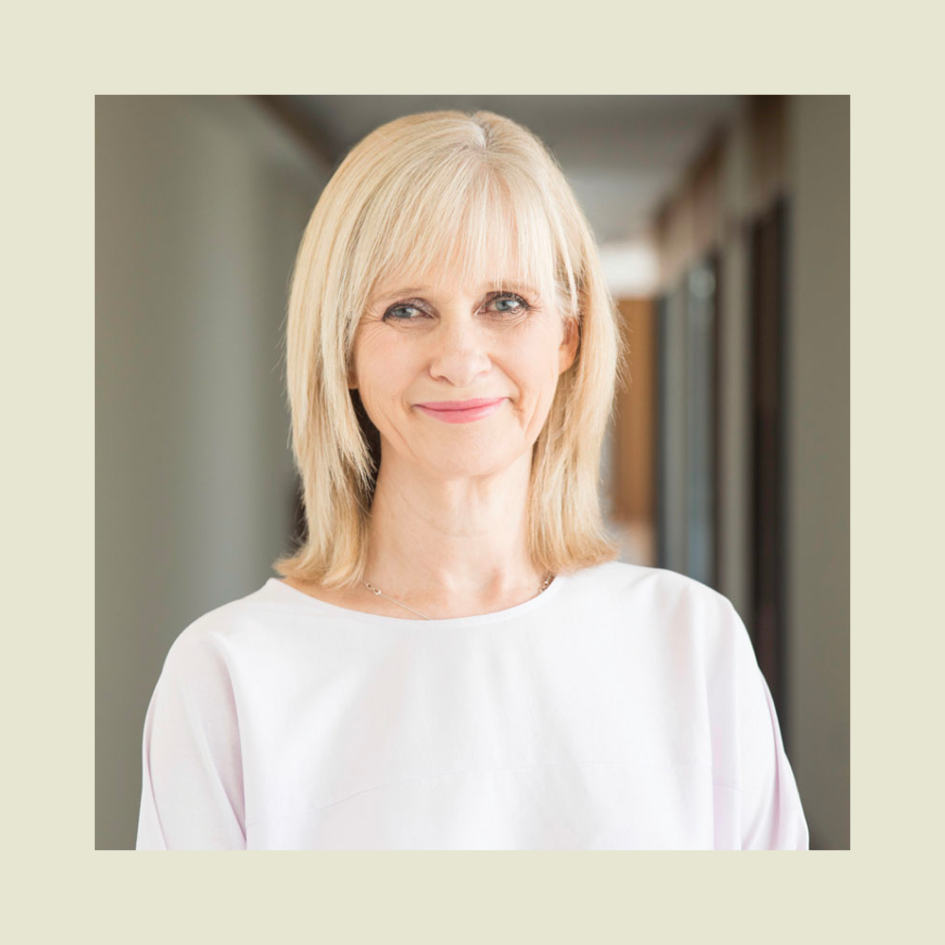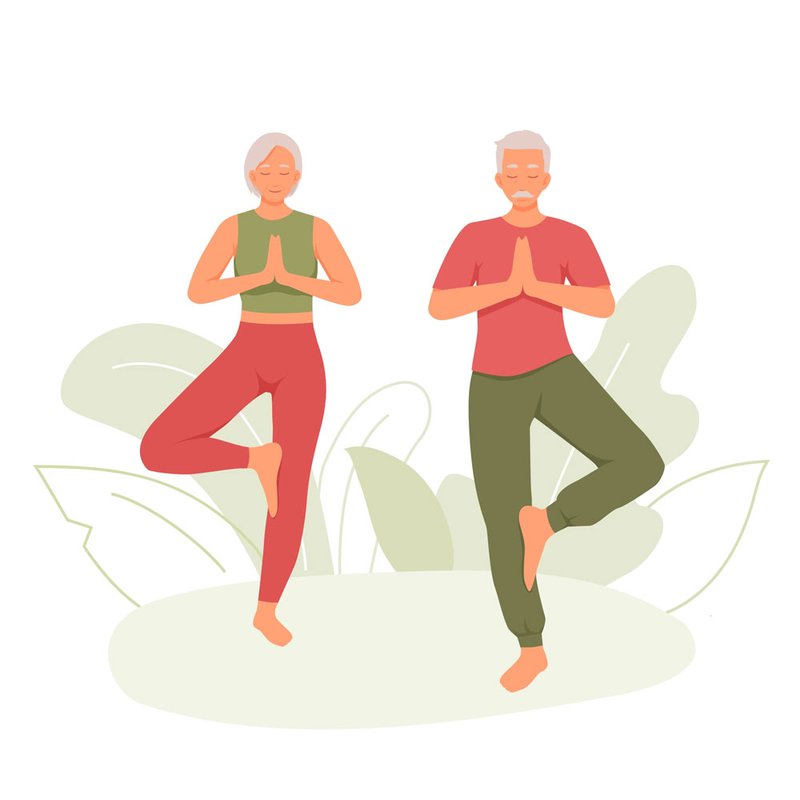It was once a taboo subject, but with celebrities such as Oprah Winfrey, Salma Hayek and Gwyneth Paltrow being vocal about their experiences, menopause has hit the headlines and conversations have started to open in recent years
Dr. Fiona Rennie is a family medicine consultant at Genesis Healthcare Centre in Dubai and is passionate about shining a light on women’s health in the UAE, especially around menopause. She gives women a safe place to get the support they need, and by speaking on various podcasts and panels and through her Instagram page @menopause_doc_dubai, Dr Fiona is on a mission to improve access to treatment for all women.
Firstly, it’s important to understand what symptoms to look out for…
For many women, the symptoms associated with menopause and perimenopause can have a big impact on their daily lives, including relationships and work. But it can feel different for everyone which is why it has been notoriously difficult to diagnose.
“Perimenopause is the time leading up to the last menstrual cycle and is when oestrogen and progesterone (the main hormones produced by the ovaries) are fluctuating,” explains Dr. Fiona. “It can last for as long as 10 years and the symptoms are varied and are often misdiagnosed. A few of the more common symptoms are weight gain, irritability, mood swings, poor sleep, anxiety, low mood, lack of motivation, unexplained fatigue, joint aches and pains, skin changes, hair loss and dry eyes.”
The good news is that treatment is more accessible than it used to be and many lifestyle modifications can be made to help alleviate some of the symptoms.
Treatment options
Hormone Replacement Therapy replaces the female hormones that a woman’s ovaries no longer produce due to menopause. There are three types of menopausal hormone therapy (MHT), also known as HRT: body identical, which is applied to the skin as a patch or a gel; bioidentical which is mixed in a compounding pharmacy; and synthetic, which is mostly given orally and has some risks associated with its use.
But are they safe? “Body identical and bioidentical are both plant-based and made from the yam plant, which is molecularly or chemically identical to the body's hormones,” says Dr. Fiona. “For most women, I advise against the use of synthetics. But each case needs to be assessed thoroughly based on the person.”
Lifestyle tips
Dr. Fiona recommends reading up on both perimenopause and menopause and asking questions about them to start the conversation with friends, family and your doctor. In terms of making lifestyle changes, it’s never too late and here are her four top tips:
Sleep
Prioritise sleep. This means keeping to a regular bedtime routine, waking up at the same time and trying to get at least seven hours of sleep.
Exercise
Muscle mass declines with age, starting around the late 30s so strength and resistance training is important to build and maintain muscle. Muscle is metabolically active and helps to offset the weight gain caused by declining oestrogen levels and to stabilise hormones.
Nutrition
It’s important to adopt a low-sugar, high-protein diet with complex carbohydrates and plenty of fibre. Protein is essential to help build muscle, along with exercise.
Alcohol
Keep it to a minimum. It can help initiate sleep but then cause a disrupted night. It also contributes to weight gain and mood changes.
Speak to your doctor if you are experiencing any of the symptoms mentioned in this article or reach out to Genesis Healthcare Centre at +971 4 577 6500.
Follow Dr Fiona’s Instagram page @menopause_doc_dubai for more.

